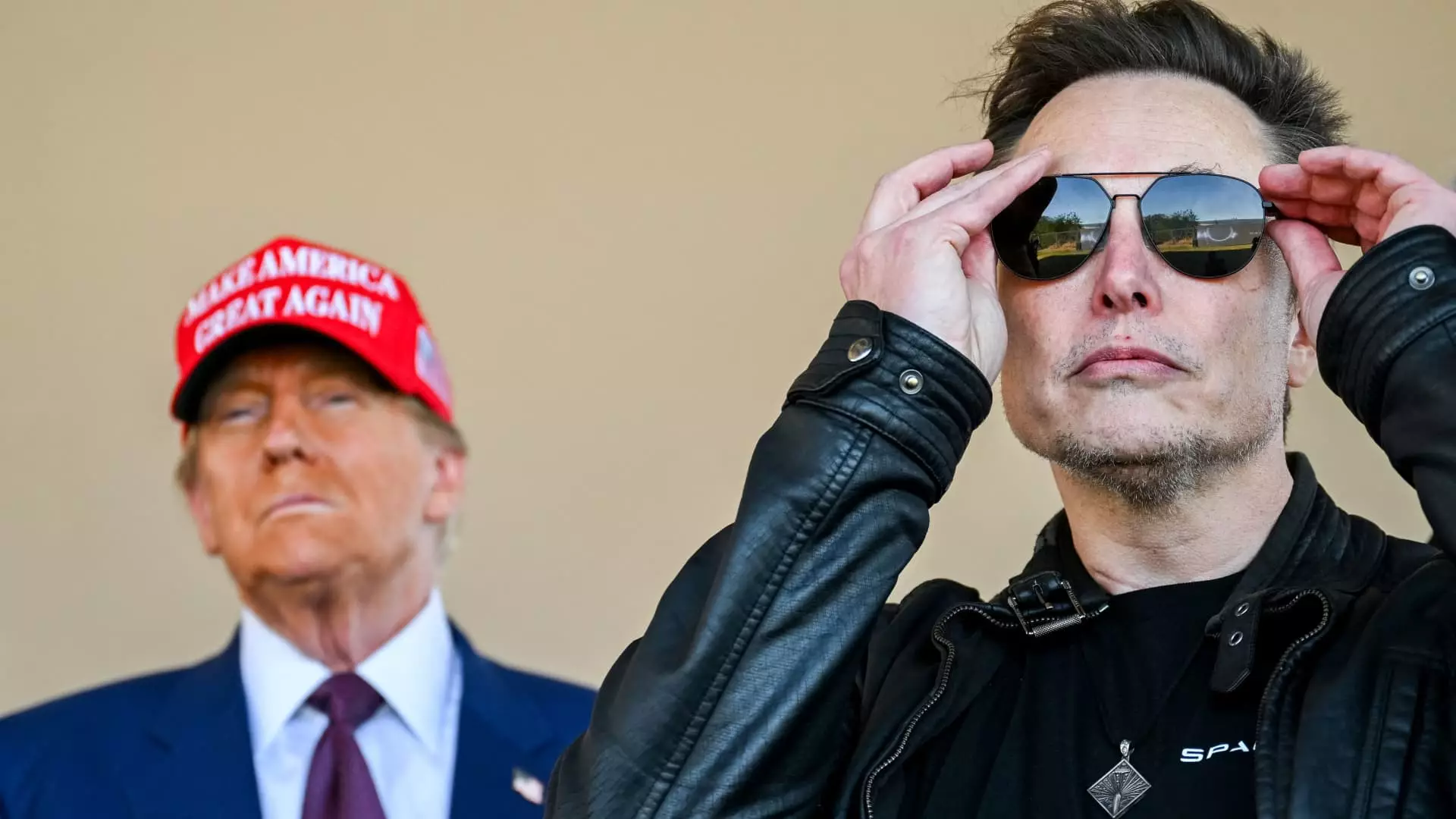Elon Musk, a name synonymous with innovation, has built a business empire that transcends mere electric vehicles. His portfolio includes Tesla, known for revolutionizing the automotive industry with electric cars; SpaceX, an aerospace leader pushing boundaries in space exploration; Neuralink, which aims to bridge the gap between human cognition and artificial intelligence; Boring Company, focusing on tunneling solutions; and xAI, his foray into AI development. This eclectic mix of companies showcases Musk’s relentless pursuit of technological advancement across varied sectors.
The Government’s Role in Musk’s Success
A significant aspect of Musk’s financial success lies in his relationship with the federal government, particularly through SpaceX, which has secured over $19 billion in federal contracts. This suggests a mutually beneficial relationship, wherein government support fuels Musk’s ambitious projects, while SpaceX contributes to national defense and space capabilities. Yet, as Musk continues to attract substantial government backing, there is speculation that his ventures could receive even more financial support under a new Trump administration.
According to industry analysts, including FedScout CEO Geoff Orazem, SpaceX is well-positioned to continue generating substantial revenue from governmental contracts, benefiting directly from the growing emphasis on private-public partnerships in space exploration. The anticipation surrounding deregulation and streamlined processes in a potential Trump presidency could significantly amplify these opportunities.
Musk’s advocacy for fewer regulatory constraints reflects his broader philosophy that government interference stifles innovation. Recently, he was appointed alongside former presidential candidate Vivek Ramaswamy to spearhead the Department of Government Efficiency (DOGE), a group dedicated to reforming federal operations. Their manifesto suggests tackling costs, reducing administrative layers, and abolishing outdated regulations that some argue lack proper legislative backing.
This approach raises questions about the implications of deregulation not just for Musk but for the larger public good. The duo’s bold claims of transforming federal agency oversight evoke a dual narrative: while they advocate for operational efficiency, the risks of diminished regulatory oversight offer a contrasting viewpoint, particularly concerning safety, environmental standards, and accountability within federal contracts.
The potential restructuring of regulatory environments could catalyze significant change across various industries. CNBC technology reporter Lora Kolodny emphasizes the risks Musk’s advocacy entails—specifically, the idea that reduced oversight could allow companies like Musk’s to operate with decreased scrutiny. The recommendation for a large-scale auditing of agencies, particularly in light of the Pentagon’s historical failures to pass audits, indicates a need for reform but also highlights the complexities of balancing innovation with accountability.
As Musk continues to navigate the intricacies of government relations, his companies stand at the intersection of progress and oversight. The deeper implications of these developments will shape not only the future of Musk’s ventures but also the larger landscape of American industry. Will the benefits of deregulation ultimately lead to enhanced innovation, or could they pose threats to public interests? The unfolding narrative promises to be as dynamic as Musk’s various enterprises.

